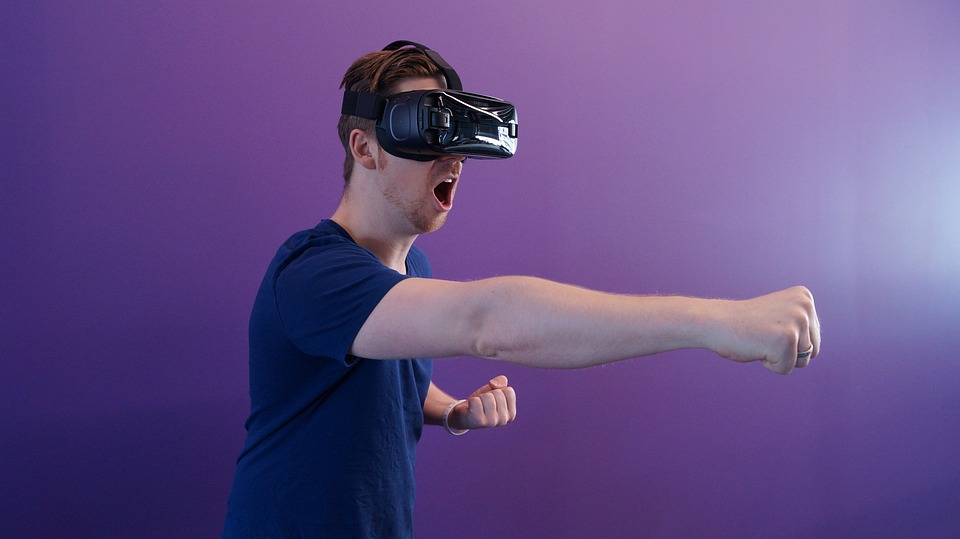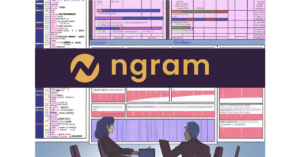Beyond Reality: How Virtual Reality is Revolutionizing Industries
Virtual reality (VR) has come a long way since its humble beginnings in the gaming industry. While its entertainment applications are well-known and widely enjoyed, VR is now making significant strides in revolutionizing various industries beyond the realm of mere entertainment. From healthcare to education, manufacturing to tourism, virtual reality is transforming the way businesses operate and enhancing the overall customer experience.
One of the sectors that has been profoundly impacted by virtual reality is healthcare. VR has proved to be a groundbreaking tool for both medical professionals and patients. Surgeons can now perform complex procedures in a virtual environment, helping them improve their skills and reducing the risks involved in real-life surgeries. Patients, on the other hand, can undergo virtual therapy sessions to treat phobias, post-traumatic stress disorder (PTSD), and anxiety-related conditions. Moreover, VR has also found its place in pain management, with hospitals utilizing immersive VR experiences to distract patients from their pain during procedures or recovery.
The education sector has also been reaping the benefits of virtual reality. Traditional methods of learning often leave students disengaged and struggling to grasp complex concepts. With VR, educators can create immersive and interactive learning experiences that captivate students’ attention and enhance their understanding. Whether it’s exploring historical landmarks, experiencing a biology lesson from the perspective of a cell, or conducting virtual experiments, students can now have hands-on learning opportunities that were previously unimaginable.
Manufacturing industries have also embraced virtual reality to streamline their processes, enhance productivity, and reduce costs. VR allows designers, engineers, and architects to visualize and modify their creations in a three-dimensional environment. This enables them to identify design flaws and make improvements at an early stage, leading to more efficient production and reducing wastage. Companies are also using VR for employee training programs, allowing them to simulate complex scenarios and prepare employees for real-world situations without compromising safety or productivity.
Tourism is yet another industry benefiting from the virtual reality revolution. Before planning a trip, travelers can explore destinations virtually, getting a realistic feel of what to expect before making any commitments. VR provides immersive experiences that transport users to different locations, showcasing the sights, sounds, and culture, thus allowing potential tourists to make more informed decisions. This technology is especially useful in promoting remote or lesser-known locations, encouraging tourism and generating interest in untapped destinations.
As virtual reality continues to advance, it has the potential to revolutionize numerous industries beyond those mentioned here. From architecture to retail, sports training to simulating dangerous scenarios for emergency responders, the possibilities are vast. VR offers a level of realism and immersion that cannot be replicated by any other medium, granting businesses and individuals access to experiences previously confined to the realm of imagination.
However, as with any technological advancement, there are challenges and ethical considerations that must be addressed. Privacy concerns, potential dependence on technology, and the potential exclusion of those who cannot afford or access VR devices are all matters that need careful attention. Additionally, the industry should work towards creating open standards and interoperability to ensure widespread adoption and collaboration.
Virtual reality is no longer just a sci-fi concept, but a transformative tool that is reshaping the way we work, learn, and experience the world. With its ability to transcend physical barriers and create infinite possibilities, the impact of virtual reality on industries is bound to be felt long into the future. Brace yourself for a future beyond reality – the age of virtual reality has arrived.




